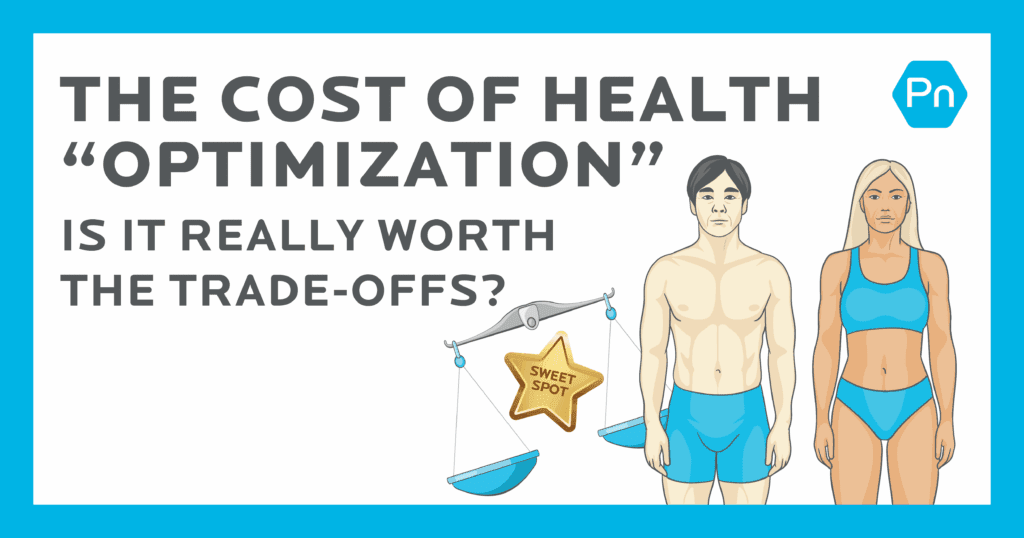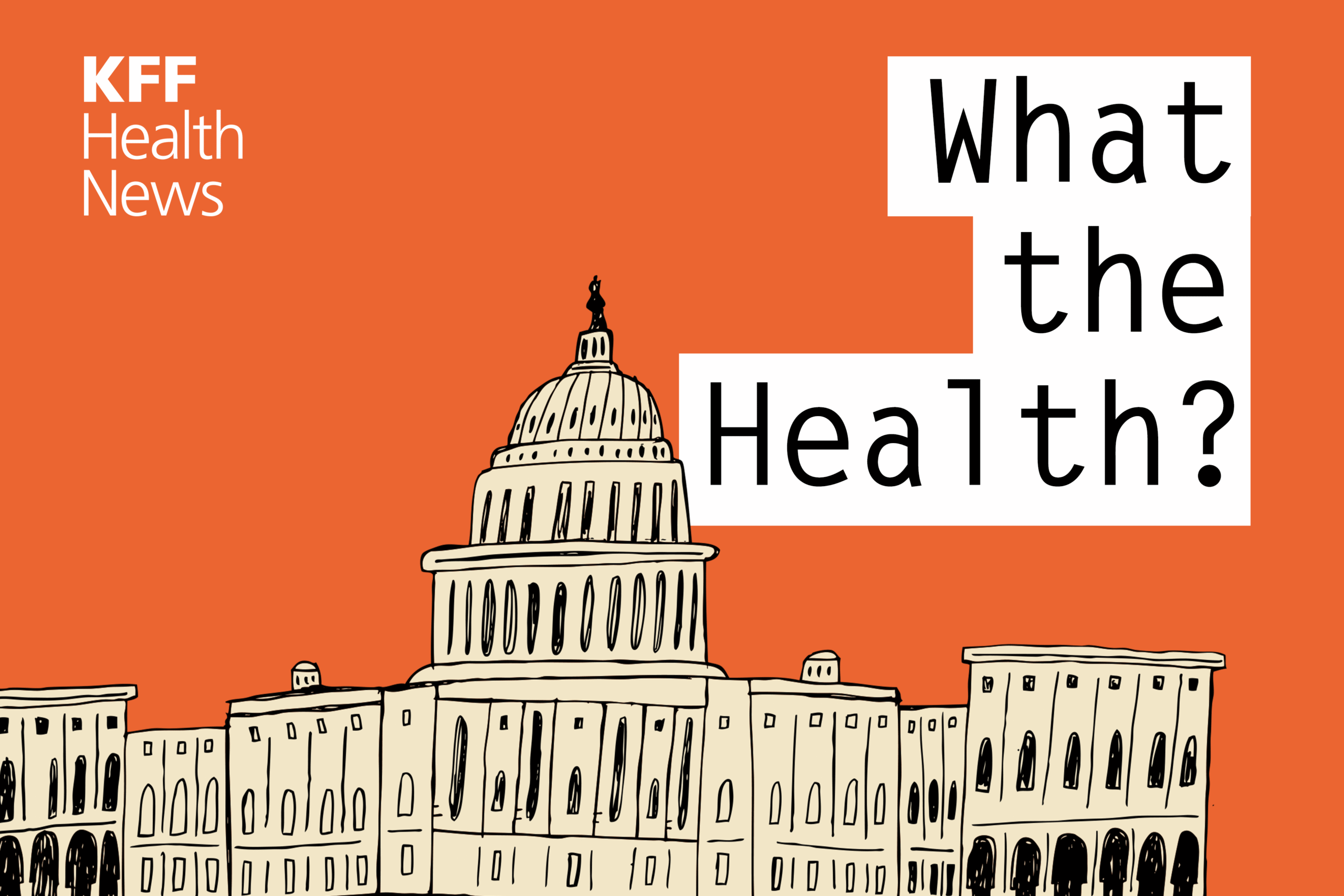The sugar tax — are we milking it?
Source shutterstock: A glass of sugar that looks like a glass of milk.Journeying back to when we first roamed earth, human consumption of refined sugar was virtually zero. But after the world-shifting discovery of the sugar cane about 2,000 years ago, our interest in sweet things started to grow. Now, added sugar accounts for a staggering proportion of all calories we consume.
 Source shutterstock: droplet covered labels.
Source shutterstock: droplet covered labels.It’s now believed by some healthcare professionals and policymakers that sugar is the leading culprit behind our nation’s ever-growing obesity crisis. Addictive tendencies aside, immense quantities of sugar hide in a number of popular foods and drinks, and some may surprise you. Low-fat yogurt, granola and fruit juice can contain hefty amounts of sugar despite clever marketing with droplet-covered berries or wholefoods-esque labels.
Although it might seem like government guidelines around reducing sugar consumption are a kill-joy, the health implications are worth considering. Research shows that consuming high levels of sugar can increase your weight and put you at greater risk of coronary heart disease — the build-up of fatty deposits inside the walls of the coronary arteries which supply vital blood and oxygen to our hearts.
 Source shutterstock: Plaque build-up in a coronary blood vessel.
Source shutterstock: Plaque build-up in a coronary blood vessel.We’ve been familiar with the dangers of refined sugar for a long time, but now scientists are delving into other forms of sugar that we don’t yet fully understand.
What’s milk got to do with it?
As it stands, the sugars that are naturally present in milk, called lactose, are not currently included in sugar government guidelines. The reason for this, despite consuming cows’ milk for centuries, is we actually know very little about how its sugars affect our blood and overall health.
 Source shutterstock: schematic of a fatty liver.
Source shutterstock: schematic of a fatty liver.The previous work of Dr Javier Gonzalez and team at the University of Bath suggests that galactose (a component of milk sugar) increases blood fat levels in men after eating and also causes fat to build up in the liver. If this is the case, the cumulative consumption of milk and refined sugars could be damaging our hearts and vessels more than refined sugars alone.
Fact or fiction
To see if his theory can be turned into fact, Dr Gonzalez is studying 24 overweight or obese men and women who are at increased risk of heart and circulatory diseases — like heart attack and stroke. They will each be given a fatty drink containing lactose (milk sugar), sucrose (refined sugar) or another molecule called maltodextrin (a common sugar substitute). This drink will also contain a tracer that, alongside blood samples that measure blood fat levels, will help the team confirm whether milk sugars or processed sugars affect how fat is processed and stored in the body.
Changing the status quo
It’s all very well proving (or disproving) that a food or drink can influence our risk of disease, but translating important scientific discoveries into meaningful public health changes is a challenge in itself — and a time-consuming one at that.
With this in mind, the BHF has launched a new healthcare innovation strategy that aims to turn research into impact for wider society, faster. We want to:
- Innovate, by building a stronger relationship with the NHS and other partners and developing new products and services that support patients
- Influence government decision makers, by putting together and sharing evidence-based policies
- Involve those affected by heart and circulatory diseases in the decisions we make, and the directions we choose to move in
- Use data to make decisions and prioritise our work
These steps will help us ensure the public reap the benefits of important research findings much faster than they currently do.
What is the sugar tax?
Last year the UK government launched a new tax on drinks companies as an attempt to crack down on high sugar levels in soft drinks. Companies across the country are now taxed according to the sugar content in their products, and this has led to an increase in the price of drinks such as Coca Cola and Irn-bru. Although drinks with high milk content are exempt from the sugar tax because of the benefits of calcium, such as stronger bones and better-functioning nerves and muscles, policymakers are reviewing whether milk-based drinks with added refined sugar need to be included in the sugar tax’
Dr Gonzalez’s work could one day shape nutritional guidelines on the naturally-occurring sugars in milk, and ultimately help us make informed decisions around what we choose to eat and drink.
With changing guidelines and the many different names that can be used for sugar like lactose, galactose and fructose, it can be tricky to interpret food and drink labels. To help you better understand nutrition and plan healthier meals, have a read of the BHF’s Heart Matters guide for tips on how best to read labels.
For more on our take on food and drink, you might fancy:
- Alcohol — can you get away with it?
- Should you give up meat for good?
The sugar tax — are we milking it? was originally published in British Heart Foundation on Medium, where people are continuing the conversation by highlighting and responding to this story.
Original Article










